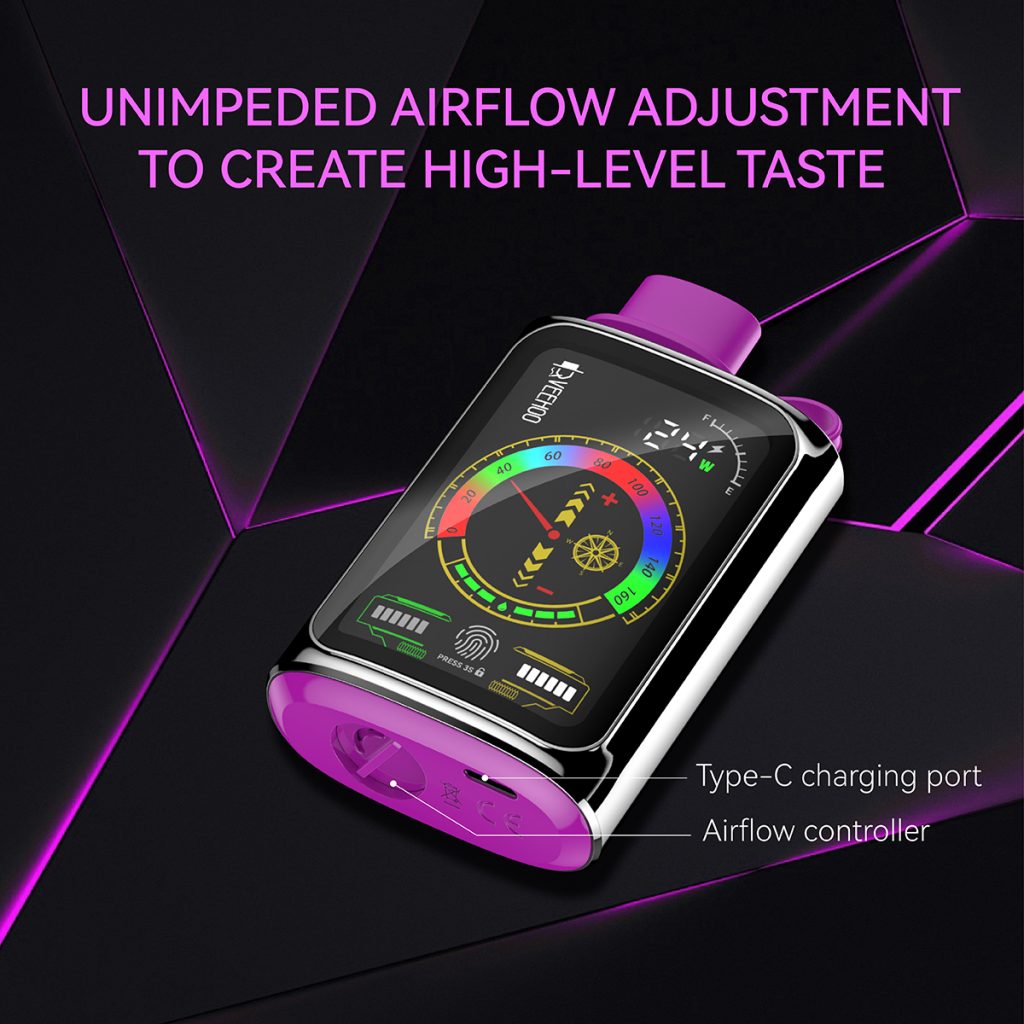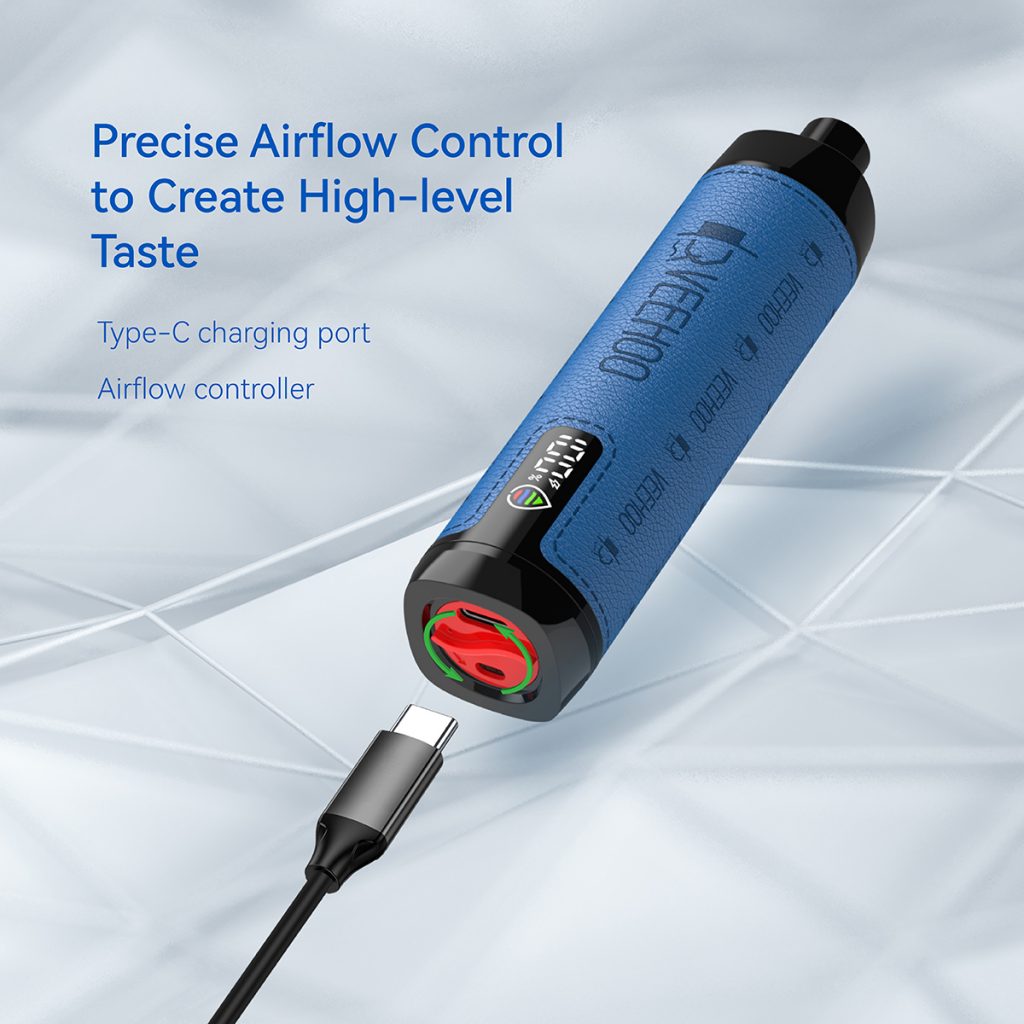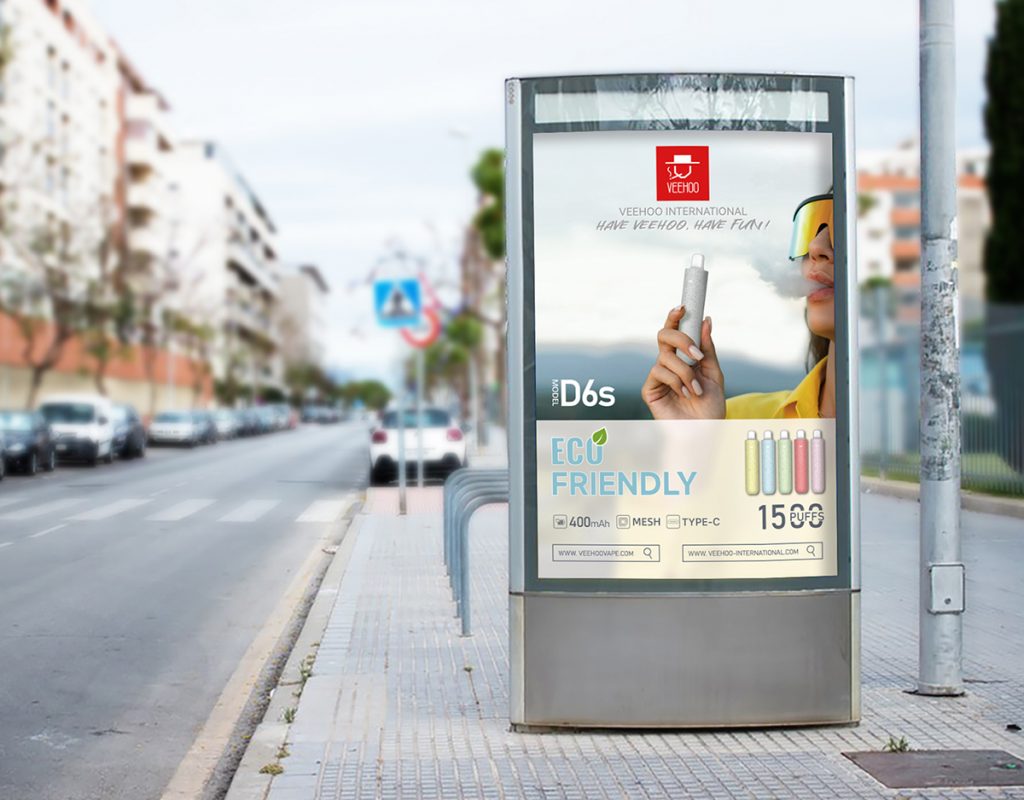According to NewsPim on July 12, as sales of new electronic products such as dryers, drones and vapes continue to rise in the Korean market, the public’s attention to the recycling obligations of these products is increasing. The Korean Ministry of Environment is under pressure to strengthen the recycling system of new products, as well as promote the development of a circular economy and reduce the impact of electronic waste on the environment.
Last June, the Korean Ministry of Environment proposed a “new growth strategy for the industry to promote a circular economy” at an emergency meeting of economic ministers, aiming to expand the recycling target from 50 products to almost all electronic products, in line with the EU’s strategy. However, despite the announcement of an expansion of the recycling scope, specific institutional reform actions have not yet emerged in the past year.
Critics point out that in order to strengthen the recycling system for new electronic products, the government needs to actively improve the current system. According to the Korean Ministry of Environment on July 11, there are currently only 50 products under the mandatory recycling system, including refrigerators, household washing machines, fans, smartphones and TVs. Despite the expansion of recycling projects twice in 2014 and 2020, many discarded electronic products are still not included in the recycling obligations.

It is reported that the “National Health and Nutrition Survey” of the Korea Centers for Disease Control and Prevention shows that the proportion of adults using liquid vapes has increased from 1.1% in 2013 to 3.5% in 2022. The use rate of roll-shaped vapes has remained at around 6% since statistics were available in 2019, and it was 5.9% in 2022.
With the growth of sales of new electronic products such as vapes, dryers, and drones, the lack of recycling obligations for manufacturers for these products has limited the government’s understanding and actual operation of waste recycling.
Although plans to expand recycling have been formulated, the regulatory review and revision process takes time. If calculated from the time when the regulatory revision is completed, the implementation time is about one year later. The Korean Ministry of Environment said that the expansion of the electronic product recycling project will increase the responsibilities and obligations of manufacturers, so full consultation with stakeholders is needed.
An official from the Ministry of Environment said, “In the first half of this year, we have discussed directional issues through seminars with the industry and other means. Our goal is to start revising regulations within this year.”

According to the latest reports, the Korean Ministry of Environment is under pressure to strengthen the recycling system for new electronic products to reduce the impact of electronic waste on the environment. As an vape manufacturer, Veehoo can make the following efforts for environmentally friendly recycling:
- 1. Designing environmentally friendly products: As a manufacturer, Veehoo can commit to designing environmentally friendly products, using sustainable materials and manufacturing processes. They can choose to use recyclable and degradable materials, reduce negative impacts on the environment, and ensure that the products can be more easily recycled and disposed of at the end of their life.
- 2. Promote recycling programs: Veehoo can actively participate in recycling programs promoted by the Ministry of Environment. They can work with stakeholders to jointly develop and promote vape recycling programs. This includes ensuring that recycling information and guidance are provided when the product is sold, and establishing recycling networks and facilities to facilitate consumers to recycle and properly dispose of discarded vapes.
- 3. Provide recycling program information: Veehoo can provide relevant information about recycling programs on its product packaging and official website. They can clearly explain how to recycle discarded vape devices, including suggesting that they be sent to designated recycling centers or recycling points. In addition, they can provide contact information so that consumers can ask questions about recycling and disposal.
- 4. Environmental awareness education: Veehoo can raise consumers’ environmental awareness through market education activities and publicity. They can emphasize the advantages of vapes, such as smoke-free, tar-free, and second-hand smoke-free, and remind consumers to properly dispose of discarded vape devices to reduce the negative impact on the environment.
- 5. Participate in industry cooperation: Veehoo vapes can actively participate in the initiatives of industry organizations and partners to jointly promote the recycling of vapes and the resolution of environmental issues. They can work with other vape manufacturers, distributors, and recycling service providers to share best practices and experiences and jointly promote the development of vape recycling.

In general, as an vape manufacturer, Veehoo vapes can make efforts for environmentally friendly recycling. They can design environmentally friendly products, promote recycling programs, provide recycling program information, conduct environmental awareness education, and actively participate in industry cooperation. Through these efforts, Veehoo vapes can contribute to reducing the impact of e-waste on the environment and set an example in environmentally friendly recycling.
Tags: South Korea’s electronic product recycling plan,South Korea’s vape recycling policy,veehoo vape